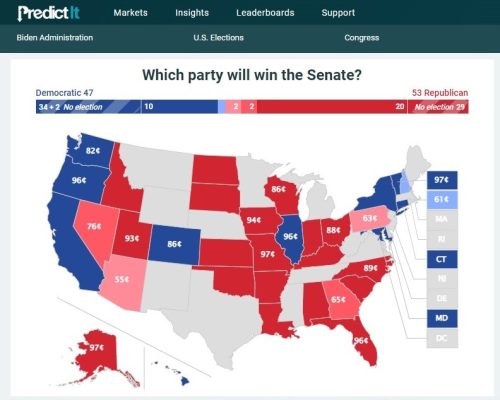I’ve been mulling over the following question: how did each of the modern presidents from Nixon to present impact the world the most?
Richard Nixon: Opening relations with the People’s Republic of China.
Gerald Ford: The Helsinki Accords. The human rights plank encouraged the growing dissident movements in the Eastern Bloc. They took seriously what the Soviets were willing to put on paper in the albeit non-binding resolution.
Jimmy Carter: Enabling the Islamic totalitarian revolution in Iran.
Ronald Reagan: Fomenting the end of the Cold War. “Reagan bolstered the U.S. military might to ruin the Soviet economy, and he achieved his goal” – Gennady Gerasimov
George H. W. Bush: This may be a controversial choice, but I’m going with the “New World Order” speech, or rather what it represents – encouraging the United Nations to take a more active role in foreign relations. One of the legacies of the UN is the enshrinement of the ethic that wars must never be won, only fought to the point of ceasefire.
Bill Clinton: Granting the People’s Republic of China access to supercomputer technology vital to targeting manned, unmanned, and munitions-bearing rocketry. It’s the one great leap forward in China that actually worked.
George W. Bush: The Iraq War. Aside from altering the geopolitical landscape in the region, it convinced Muhammar Qaddafi to cooperate with the US to end Libya’s WMD program.
Barack Obama: Opening Iran to financial markets, thus magnifying its ability to conduct proxy wars.
Donald Trump (first term): It may be a bit early to gauge the legacy of the Abraham Accords, but opening the door to Israeli cooperation with some of its Arab neighbors is bound to have significant impact on Iran’s regional ascendency. It also breaks from the stupid tradition that any negotiations between Israel and any of its neighbors must include the Palestinians, as if Palestinian and non-Palestinian relations can’t be delt with separately.
Joe Biden: Opening Iran to financial markets, thus magnifying its ability to conduct proxy wars – assuming the Ukraine Missile Crisis does not top this. (Our own Trent Telenko is cited in the linked article.)
China
Quote of the Day
We are not a serious country because, as a democracy, we do not have serious voters. Autocracies like China and Russia have many disadvantages compared to us, but in the present historical moment, they are nowhere near as stupid as we are. One trembles for the future.
Behind the Banking Crisis.
I want to recommend a good piece at Conservative Tree House, which I read every day.
It is this post which connects a few dots.
This is where we need to keep the BRICS -vs- WEF dynamic in mind and consider that ideologically there is a conflict between the current agenda of the ‘western financial system’ (climate change) and the traditional energy developers. This conflict has been playing out not only in the energy sector, but also the dynamic of support for Russia (an OPEC+ member) against the western sanction regime. Ultimately supporting Russia’s battle against NATO encroachments.
The war in Ukraine, which probably would not have begun if Trump was president, led to a war of economic interests. The western democracies have invested their future in “climate change,” which used to be “global warming” before the failure to warm made that slogan obsolete. Climate change has evolved into a war on energy production. The Biden regime now has even gone after gas stoves. Since I just bought one, I have an interest. Now, they seem to be going after washing machines. Ours has failed recently so I had better be quick to replace it.
The recent Credit Suisse bank crisis is complicated by the refusal of its largest shareholder, the Saudis, to help with a bail out. Why would this be ? This brings up the topic of BRICS. This is a new financial combination made up of Russia, China, Brazil, India and South Africa.
Midterms and Mayhem
Abstract: A “red wave” midterm election seems about to occur. Notwithstanding the apparent (relatively) recent precedent of the 1994 midterms, the eight weeks from Tuesday 8 November 2022 to Tuesday 3 January 2023 may become the most challenging period to date in the entire history of the American constitutional order, not excepting the “Secession Winter” following Tuesday 6 November 1860. A broadly similar situation would almost certainly exist if the relative positions of the major political parties in the US were reversed. Even with alarming possibilities in view, this post is intended to promote constructive apprehension, not mere fearfulness.

Like all good students at our eponymous institution, you get the theoretical elements first, then more practical aspects, and falsifiable predictions at the end.